Nutrition plays a crucial role in the body’s recovery process after illness, surgery, or intense physical activity. Selecting the right foods can accelerate healing, bolster the immune system, and replenish depleted energy reserves. This post delves into the best foods for recovery, each selected for their nutritional benefits that support the body during the crucial healing phase. From proteins that rebuild tissues to carbohydrates that provide sustained energy, understanding what to eat can significantly impact recovery speed and effectiveness.
Contents
- 1 Lean Meats: High-Quality Protein for Tissue Repair
- 2 Whole Grains: Sustained Energy Release
- 3 Leafy Greens: Vitamin Powerhouses
- 4 Sweet Potatoes: Rich in Vitamins and Fiber
- 5 Nuts and Seeds: Essential Fats and Proteins
- 6 Berries: Natural Anti-Inflammatory Properties
- 7 Eggs: Versatile Protein Source
- 8 Yogurt: Probiotics and Protein
- 9 Beans and Legumes: Fiber-Rich Protein
- 10 Nourish Your Way to a Speedier Recovery
Lean Meats: High-Quality Protein for Tissue Repair
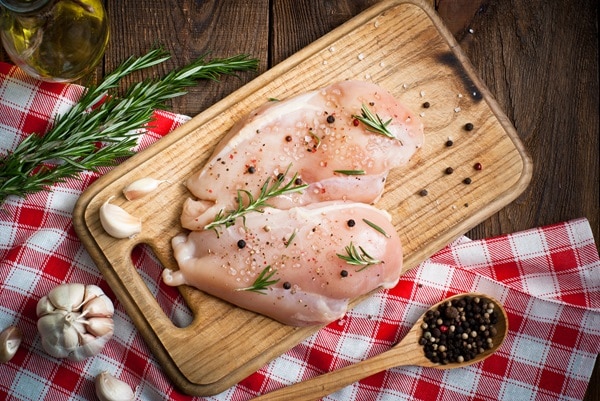
Lean meats are a cornerstone for anyone recovering, providing essential proteins that are vital for tissue repair and muscle rebuilding. Chicken, turkey, and lean beef cuts offer high-quality protein and contain important minerals like iron and zinc, which are crucial for immune function and wound healing. When preparing lean meats, it’s important to cook them in ways that keep them tender and easy to digest, such as baking or steaming rather than frying.
Including a variety of lean meats in your diet helps ensure that you receive a broad spectrum of amino acids necessary for recovery. Incorporating these meats into soups, stews, or gentle sautés is beneficial, making them more palatable and easier to consume, especially when appetite might be reduced during recovery periods.
Whole Grains: Sustained Energy Release
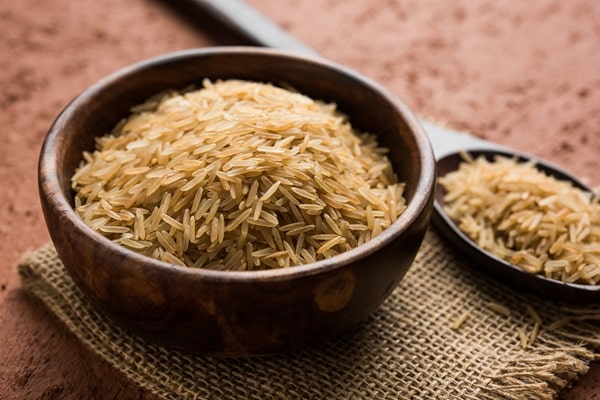
Whole grains are an excellent source of complex carbohydrates, which are essential for maintaining energy levels during recovery. Foods like brown rice, quinoa, and whole oats provide sustained energy thanks to their low glycemic index, which helps prevent spikes in blood sugar. These grains also offer dietary fiber, which aids digestion and prevents constipation, a common issue when physical activity is reduced.
Incorporating whole grains into your diet can be both delicious and nourishing. Quinoa can be a base for colorful salads, brown rice can be paired with steamed vegetables and lean proteins, and oats can be made into a warm, comforting porridge enriched with fruits and nuts. Each of these dishes provides not just energy but also essential nutrients that support the body’s healing processes.
Leafy Greens: Vitamin Powerhouses
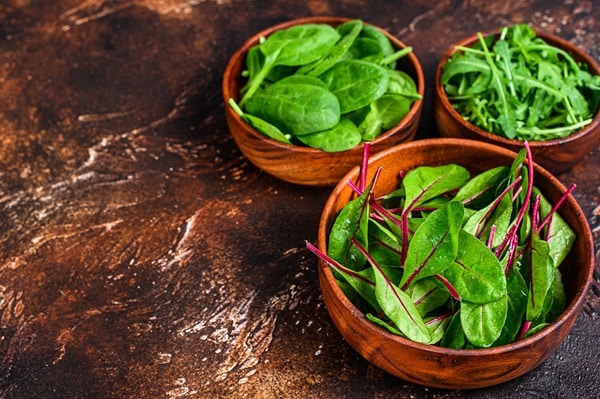
Leafy greens like spinach, kale, and Swiss chard are packed with vitamins and minerals that are essential for recovery. These greens are rich in vitamins A, C, and K, as well as iron and calcium, all of which support wound healing, bone health, and immune function. Adding leafy greens to your diet boosts your intake of fiber, which is crucial for healthy digestion, especially when your physical activity levels might be lower than usual.
Leafy greens can be easily incorporated into various meals. They can be sautéed with a touch of garlic for a flavorful side dish, blended into smoothies for a nutrient-packed snack, or added to soups and stews for an extra dose of vitamins. Their versatility makes them an excellent addition to any recovery diet, helping to ensure that your body gets the nutrients it needs without significant effort.
Sweet Potatoes: Rich in Vitamins and Fiber
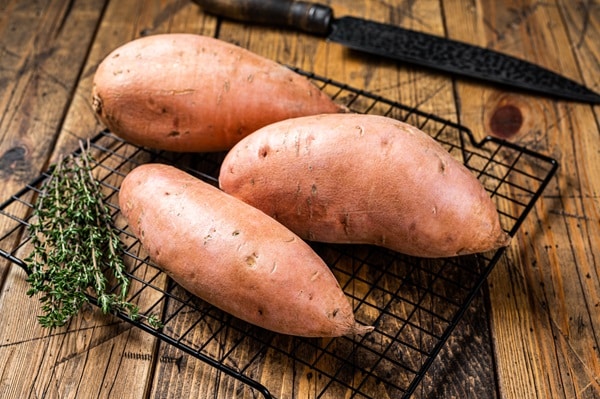
Sweet potatoes are a superb addition to a recovery diet, offering a wealth of nutrients including vitamins A and C, manganese, and several B vitamins, which are essential for energy metabolism and immune function. Their high fiber content helps maintain digestive health, which is paramount during recovery when physical activity may be minimized. Sweet potatoes are also a great source of complex carbohydrates, providing steady energy throughout the day.
There are many ways to prepare sweet potatoes; they can be baked, mashed, or sliced into wedges and roasted with a drizzle of olive oil. Each method preserves the nutrients while making the potatoes soft and easy to consume. For added flavor, a sprinkle of cinnamon or a dash of nutmeg can enhance their natural sweetness, making them a delicious part of meals that contribute to a quicker and more comfortable recovery.
Nuts and Seeds: Essential Fats and Proteins
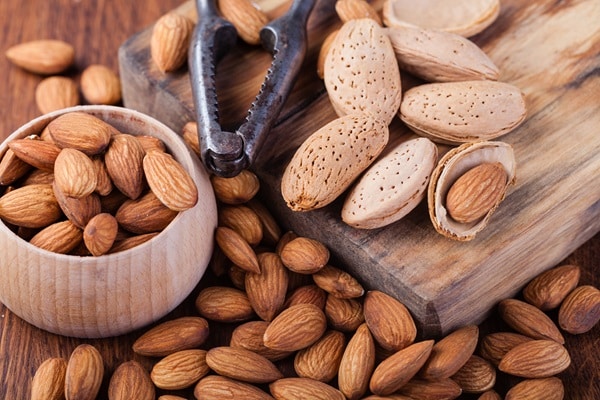
Nuts and seeds are excellent sources of essential fats and proteins, making them vital for anyone in recovery. Almonds, walnuts, and flaxseeds, for instance, provide omega-3 fatty acids, which are crucial for reducing inflammation and promoting heart health. These small but powerful foods also pack a range of nutrients, including magnesium and zinc, which are essential for bone health and immune function. They are an easy snack that can be added to a variety of dishes or eaten on their own.
Including a moderate amount of nuts and seeds in your diet can enhance recovery by ensuring your body gets a balanced supply of essential fatty acids and proteins. Sprinkle them over salads for added crunch, mix them into yogurt or oatmeal for a nourishing breakfast, or incorporate them into smoothies for a protein boost. Their versatility and dense nutritional profile make nuts and seeds an indispensable part of a recovery-focused diet.
Berries: Natural Anti-Inflammatory Properties
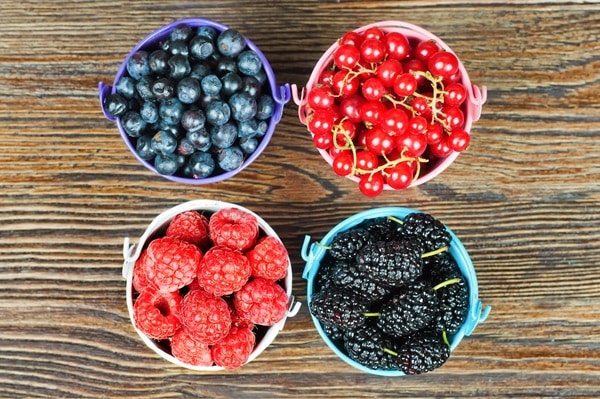
Berries such as blueberries, strawberries, and raspberries are celebrated for their high antioxidant content, particularly vitamin C and manganese, which play critical roles in protecting the body’s tissues from oxidative stress and aiding in recovery. These fruits offer natural anti-inflammatory properties, which are essential in reducing swelling and pain associated with recovery from surgeries or injuries. Berries are also low in calories and high in fiber, making them an ideal choice for maintaining a balanced diet during recovery.
Integrating berries into your recovery diet is not only beneficial for your health but also a delight for your taste buds. They can be enjoyed fresh as a light snack, blended into a refreshing smoothie, or cooked down into a compote that pairs well with yogurt or whole-grain pancakes. Their versatility and sweet, tangy flavors can help satisfy sugar cravings in a healthy, nutritious way, promoting overall well-being during the recovery process.
Eggs: Versatile Protein Source
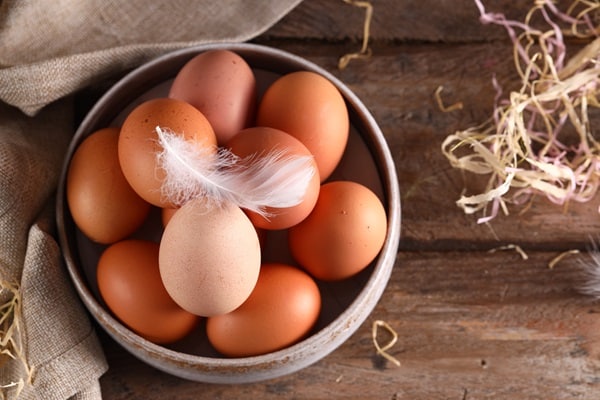
Eggs are a powerhouse of nutrition, offering high-quality protein along with essential vitamins and minerals such as vitamin B12, selenium, and choline. These nutrients are crucial for recovery, supporting everything from muscle repair to brain function. Eggs are particularly beneficial due to their versatility in cooking—soft-boiled, scrambled, or poached; they can be easily digested and gentle on the stomach, making them ideal for recovery meals.
Because of their rich nutrient profile, eggs can play a pivotal role in a recovery diet. Incorporate them into your meals as a primary protein source; for example, a vegetable omelet can provide a fulfilling and balanced meal, or a soft scrambled egg can be a comforting food when heavier meals are not suitable. Their adaptability in various recipes ensures that you can enjoy a diverse and nutritious diet even when your body is in healing mode.
Yogurt: Probiotics and Protein
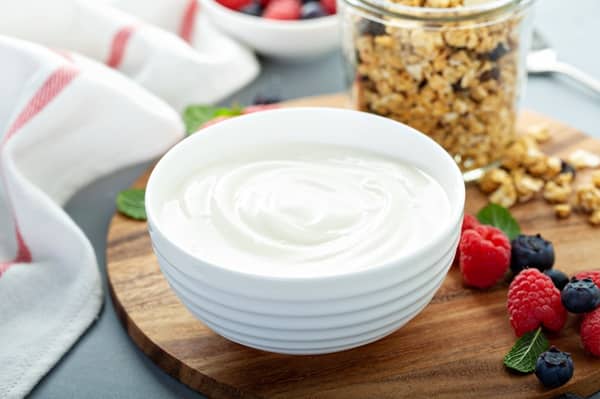
Yogurt is an excellent source of probiotics, which are beneficial bacteria that help maintain gut health—an essential aspect of recovery, particularly if antibiotics have been part of medical treatment. The protein in yogurt also supports tissue repair and muscle growth, making it a dual-action food beneficial for those recovering from physical ailments. Additionally, yogurt is rich in calcium and vitamin D, crucial for bone recovery and overall health.
To make the most out of yogurt’s benefits during recovery, choose plain, unsweetened varieties to avoid excess sugar, which can be inflammatory. Yogurt can be customized with the addition of fruits, nuts, and a drizzle of honey for added flavor or used as a base in smoothies and dressings. Its creamy texture and cooling properties can also be soothing for those with diminished appetites, making it a versatile and valuable addition to a recovery diet.
Beans and Legumes: Fiber-Rich Protein
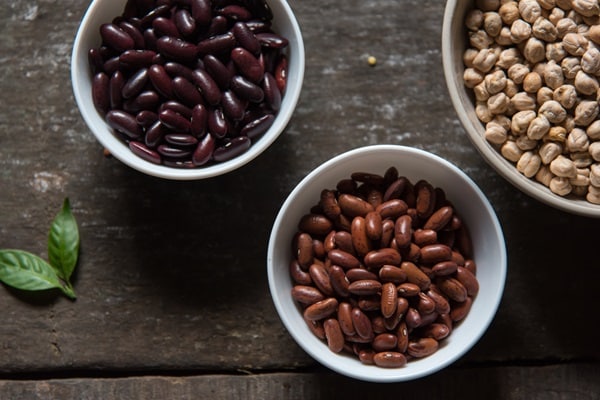
Beans and legumes are fundamental in a recovery diet, offering both high-quality protein and a rich supply of dietary fiber. These nutrient-dense foods are excellent for supporting tissue repair and maintaining healthy digestion, which is especially important during periods of reduced physical activity. Additionally, beans and legumes are excellent sources of iron, magnesium, and folate, which are crucial for energy production and overall cellular function.
Integrating beans and legumes into your diet can significantly enhance recovery. They can be easily added to soups, stews, or salads for a hearty, nourishing meal that provides sustained energy. For those who may find whole beans hard to digest, options like hummus or lightly mashed lentils can be gentler on the stomach while still providing the same nutritional benefits. Their versatility and high nutrient content make beans and legumes an excellent choice for anyone looking to support their body’s healing process.
Nourish Your Way to a Speedier Recovery
Adopting a diet rich in these specified foods can greatly enhance your recovery process, whether you’re bouncing back from surgery, illness, or physical exertion. Each food group mentioned offers unique nutrients that aid in healing and strengthening the body. By incorporating a variety of these beneficial foods into your meals, you ensure a more effective and comfortable recovery. Remember, while nutrition plays a critical role, consulting with healthcare professionals to tailor your diet to your specific needs is essential.


